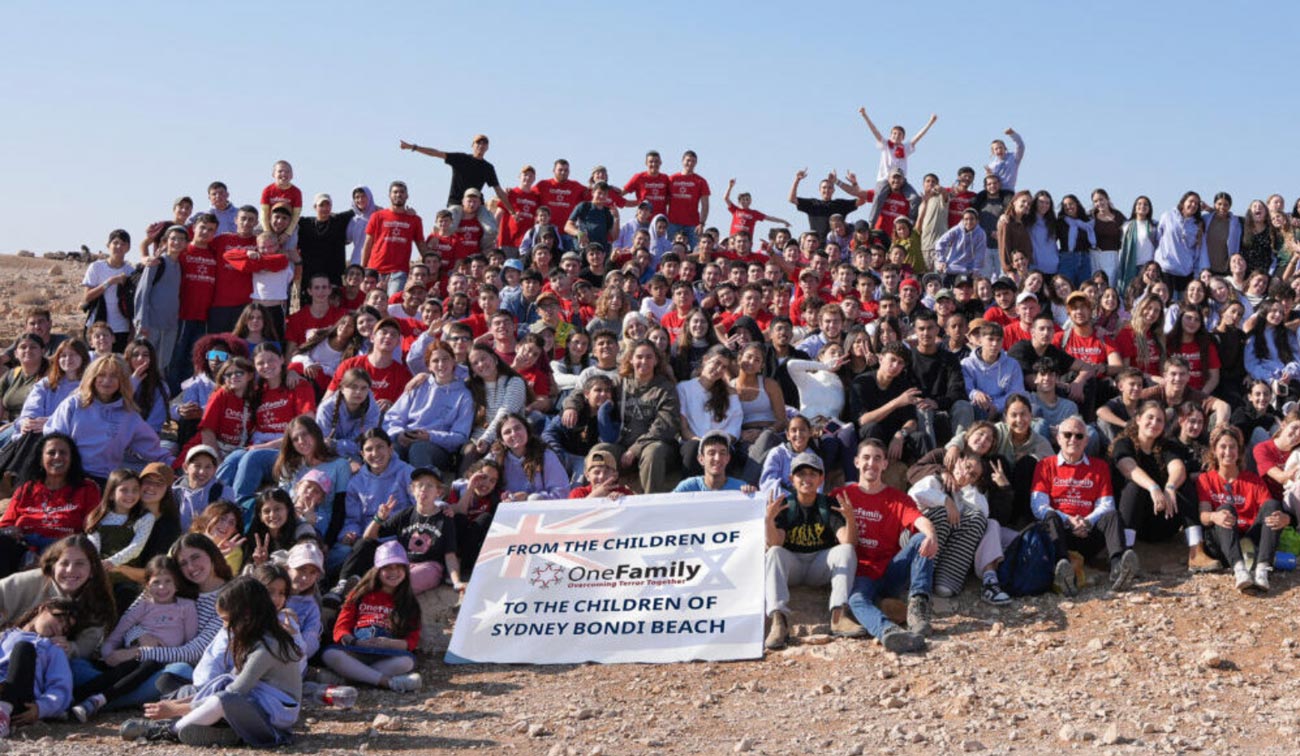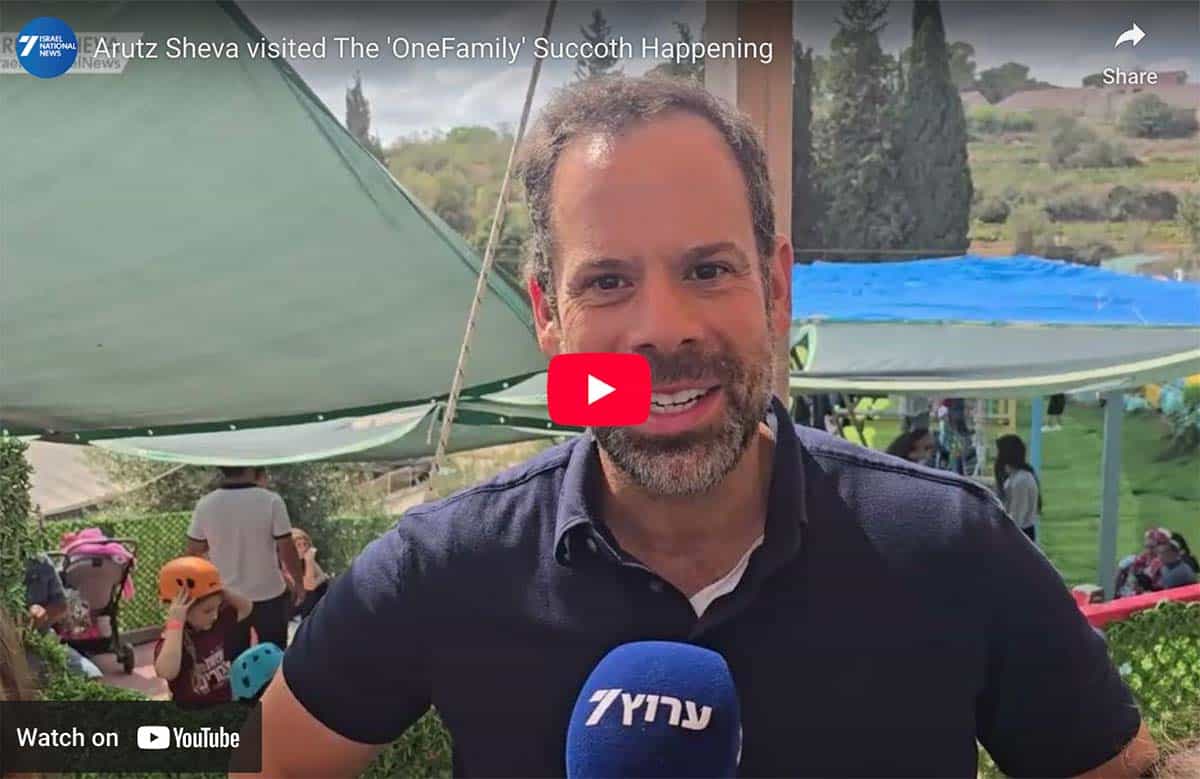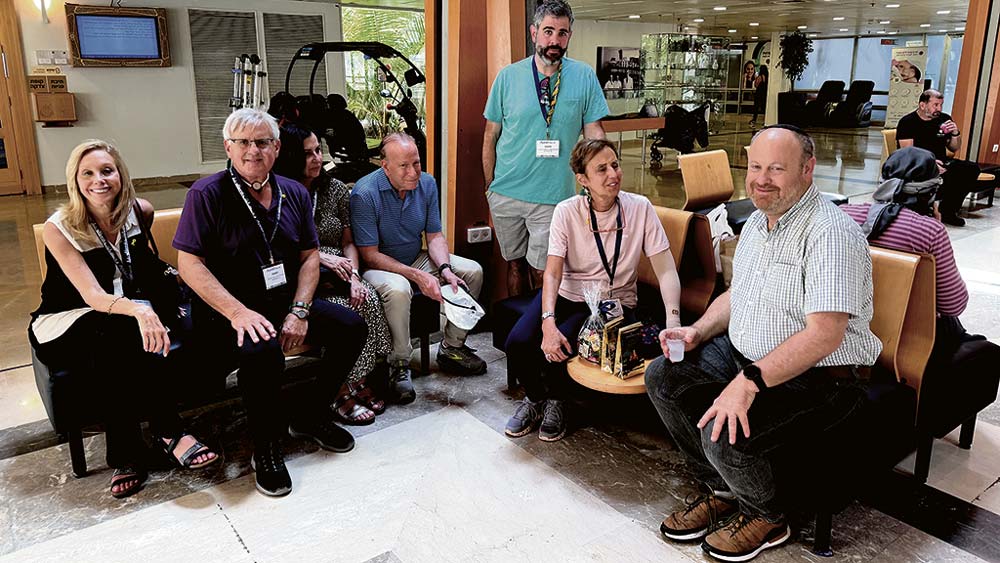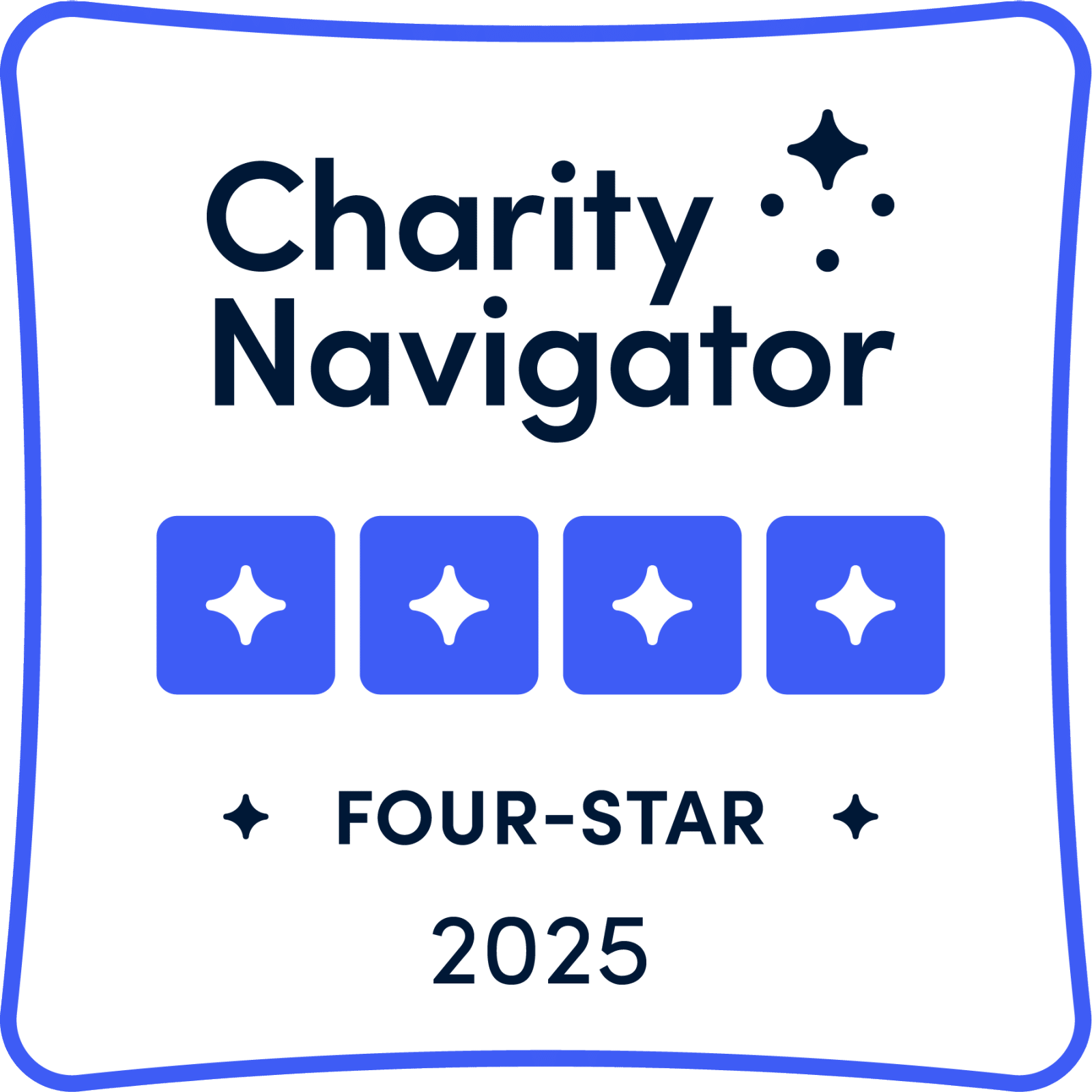table of contents
Published in Mishpacha (Original article)
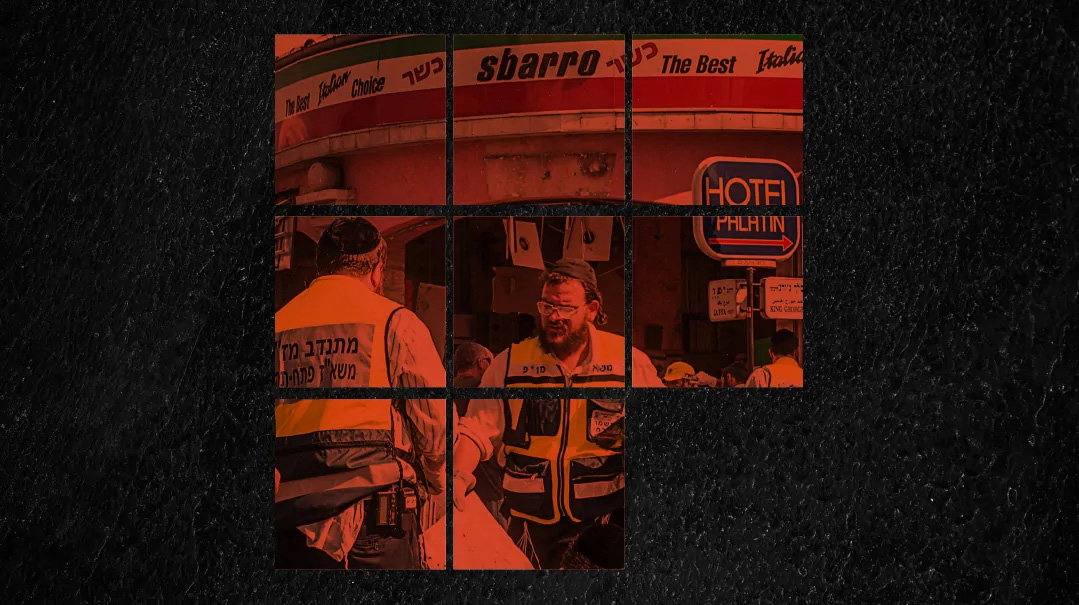
Photos: OneFamily; Flash90
How can a young person who suddenly loses both parents in a terror attack move forward through the paralyzing darkness, engulfed in crushing agony and despair?
When the world is crashing down, someone who’s been there and traversed the pain to the other side can provide a framework for healing. OneFamily matches recent victims with a circle of people who understand how one act of terror changes everything forever
“Everywhere I go in life, every stage I enter, I do so accompanied by my 17-year-old self. She’s always there, in the background, waiting to be noticed, to be nurtured. But mostly, she is mourned.”
Tamar Kol-Kapach was 17 years old, the second of three children, when her parents left her and her 15-year-old brother for Shabbos. It was just a few weeks before the scheduled disengagement from Gush Katif, and Tamar’s aunt wanted her sister and brother-in-law to spend Shabbos with them in their home in the town of Yamei Tal before it was slated for destruction.
“We waited for my parents to come home on Motzaei Shabbat,” Tamar remembers. “We waited and waited. Hours passed. It wasn’t like them at all. And then, my older sister and her husband walked in. And right then, I knew. My parents were never coming home.”
Dov and Rachel Kol of Jerusalem were shot and killed in their car by terrorists on the 17th of Tammuz, 2008. That was the moment that Tamar’s childhood ended.
Back then, she would have never dreamed that not only could she heal and rebuild, but that one day she’d find herself on the other end: giving support, encouragement, and hope to newly bereft victims of terror. It took the initiative and insight of Marc and Chantal Belzberg, founders of the OneFamily organization, to transform Tamar from a victim to a healer.
OneFamily is a leading organization in Israel supporting victims of terror and their families. It provides short- and long-term emotional, financial, and rehabilitative assistance to those impacted by terrorism, a number that has unfortunately more than doubled since October 7.
But perhaps its most novel innovation is the “Sayeret” — a special self-dubbed OneFamily team whose members have lost both parents to terror attacks.
“OneFamily’s tagline has always been ‘the power of together,’ ” Chantal says. “We’ve learned in our 23 years of experience that bringing together groups of people who have a shared experience in a supportive environment creates microcommunities of healing.”
Mothers, fathers, spouses, grandparents, in-laws, children who have lost parents, children who have lost siblings, young adults who have lost parents and or siblings, women whose husbands were injured, men whose sons were injured, mothers whose sons were injured…. All of them can find someone to help them heal.
“The breakdowns of separate groups means that each and every person who is struggling to focus on the positive, to live with grief and loss, is both receiving and giving, as they heal alongside friends,” says Chantal. “We provide a circle of people in their lives who can truly understand how much one act of terror changes everything, forever.”
After the staggering losses of October 7, OneFamily sprang into action, reaching out to the fresh victims of the current war, inviting them into the family, bringing new orphans of both parents into exclusive Sayeret events, in the hopes of being able to reach them, deep in their pain as they are. Because only someone who has been there, who has teetered on the abyss of complete and utter grief, can make promises that this bitter night won’t last forever.
“This year, we invited orphans from the October 7 massacre to attend the Sayeret Chanukah party,” Tamar shares. “Looking at them was almost too much to bear. It brought me right back to that moment — I’m 17, and my sister is telling me that my parents are gone. In one second, I lost everything: my parents, my security, my childhood, my innocence. I lost it all that Motzaei Shabbat.
“But I was willing to revisit that pain for them, for these survivors, these victims with such fresh anguish on their faces. Because only someone who has been there can tell them that one day, they’ll get out of bed, and it won’t hurt as much. I’ve been there.”
Getting Up after Falling Down
“What I try to convey to the victims I work with in psychotherapy is that all feelings are okay. Anger? Fine. Guilt? Fine. Happiness? That too is fine.”
Ella Danon Hanan is a social worker and the therapist responsible for children orphaned of both parents on October 7. Ella is one of those people who make a room more tranquil just by being in it. There’s a perpetual smile lingering around her mouth, even as her eyes fill with the multitude of pain she’s witnessed.
“The stories they’ve told me,” she says, shaking her head. “I’m weighed down by them. Now they are my burden to carry around. But I do it because I know these children need to share what they’ve seen, what they heard, the smells of smoke and burning flesh that permeated the closets they were hiding in.”
Ella describes what she does as “religious psychotherapy,” utilizing a lot of faith-based techniques. Yet since October 7, a lot of her clientele has changed; most of the victims were raised extremely secular.
“But my techniques haven’t,” she says, shrugging. “They benefit from my faith. It leads them to have faith. To give them something to hold on to amid the anger and fears. And it gives them the ability to choose a future. Because without faith, after what they all went through, there would be no future.”
Ella recently led two trips for terror orphans, one to Mexico and a ski trip in Spain. The ski group consisted of ten orphans, five from previous terror attacks and five from or since October 7, all of them around 24 years old.
“For a typical Israeli,” she explains, “that’s the age where you’ve completed your army service and you’re now ready to face the real world, and make big decisions about living accommodations, university study, career choice. And these orphans would all now have to do that alone, with no parents to guide them.”
There was a three-hour bus ride up to the ski lodge, so Ella figured it could be time well spent. She paired each “veteran” orphan with a fresh orphan as a seatmate, and left them to spend the time speaking.
The seating plan was an unspoken invitation for the veteran orphans to reach out to the fresh ones, to rip open the scar tissue layering their wounds, and delve into the memories they’d spent years moving past.
“But the thing is, I know that they possess the tools to replaster those wounds,” Ella said. “And these fresh orphans have absolutely zero tools. I knew that the older ones would be willing to revisit their own pain, if it meant being there for these young adults wearing their anguish in their eyes.”
The pain in adults is always present; it doesn’t disappear, Ella explains, but they have the tools they’ve acquired over time — which is itself also a healer. Of course, the pain resurfaces, but they already have a defense mechanism, with the strength of life, of wanting to live, being their strongest tool. They know how to dwell in the pain that comes and goes, and they also know how to return to the lives they’ve built with their own hands. It’s hard to reopen old wounds, but “domeh b’domeh yirpei — like cures like.”
And they did. The group arrived at the ski lodges with unbreakable bonds, having cried, hugged, and voiced their collective traumas.
“I knew we were heading straight to bed, and the healing powers of sleep cannot be underestimated,” Ella said.
The next day, the group had melded into one, refreshed and ready to challenge themselves on the slopes. One high-level goal for the day was to create a cohesive, humane group with a potential space for sharing, learning, healing, and growth.
“An important emphasis in the group therapy was our ability, through rationality, to weave a story and create a preferred narrative,” Ella explains.
One operational goal was to make elements of skiing metaphors for healing: preparing, learning, insuring oneself, to take the opportunity for a new experience.
“The understanding that sometimes you can fall but then you must get up and continue was crucial,” Ella says.
This made falling and getting up — inevitable parts of skiing — part of processing the experience, empowering the metaphorical aspect. After each day, the group would reflect on what they faced and what was difficult.
The group would hold meetings at an altitude of 1,600 meters, sharing their feelings of homesickness for homes they no longer had, their desires to speak with their parents again, and for some, their deceased siblings. They compared these things they had no power over to their ability to successfully tackle an unfamiliar task, and it provided a tremendous mental release. The group support was amazing, even just an empathetic look helped them get up and continue. One of the ideas included in the operational goals was “even if I fall, I gather myself up, get up, and continue.”
Just overcoming physical fears was a huge goal, and there was no better activity than skiing to accomplish this. The self-connection created by the separation, the mountains, the air, the scenery, and sometimes even the anonymity of the ski mask, provided an excellent potential for introspection and renewed self-interaction and reflection.
Ella’s most recent trip treated 30 orphaned Israelis, all victims of the double murder of both parents, to a transformative 13-day healing retreat in Mexico. The trip, arranged in partnership between OneFamily and the Jewish community of Mexico City, brought orphans who had lost both parents to terror together with their partners in grief.
The trip, which was held in June, focused on building relationships and a support network, critical pieces in any journey to healing and building a new life. The participants spent time in Cancun, Mexico City, and Cuernavaca, where they enjoyed nature, workshops, and bonding with others in the same situation. Throughout the trip, they were warmly embraced by the local Jewish communities.
Two orphans who had lost both parents in terror attacks prior to October 7 joined the retreat. Vicki Jan, who lost both parents, and an aunt and uncle in a 2011 terrorist attack, found the experience invaluable.
“In Israel, it’s very hard to be a normal person,” she says bluntly. “People look at you, wondering — how are you happy? How can you laugh? Especially for those affected by October 7, it’s difficult for them to disconnect in Israel.”
The trip afforded her distance — both physical and emotional — from that complex “orphan” identity, and she found it liberating.
“A week like this,” she says, “is equivalent to a year of therapy.”
Celebrating Life
Tsofia Dickstein Felsen well understands how that feels. She was 19 years old in July 2002, when her parents and nine-year-old brother were gunned down on the highway by terrorists. At least two armed Palestinians had waited at the side of the road near Yatta, south of Chevron, to ambush an Israeli car. The Dickstein family was on their way to Maon in the southern Chevron area to spend Shabbos with friends and approached from the opposite direction. Rabbi Yosef Dickstein was killed along with his wife Chana and their nine-year-old son Shuva’el Zion. Their 12-year-old son, Shlomo, was moderately wounded by a bullet in the shoulder; two-year-old Adiel was lightly injured. They left behind nine grieving children, ranging in age from two to 20.
“I was the eldest girl,” Tsofia shares. “I was the second oldest, and suddenly, I was in charge of my siblings, responsible for their health, their dreams, and their lives. My own dreams were left on the roadside with my parents. I could no longer travel, do sherut leumi, get married. No, I needed to wait right there, frozen in time, for my parents to come back and take responsibility for the children, and only then would I live my life.”
In the meantime, though, she had no money to spend entertaining the kids. She didn’t even have a car; the terrorists had seen to that.
“During shivah, we had visitors from an unfamiliar organization. They said, ‘We’re from the OneFamily organization, and we’re here for you.’ But honestly, everyone was saying that. But the week after shivah, they called again. And the next week, they called again. And slowly, I realized, these people weren’t going anywhere. They were here, and they wanted to help.”
It took a while for the message to sink it, but eventually Tsofia reached out to OneFamily. “I told them I wanted to take my siblings on a vacation, to distract them from the pain, but I didn’t have a car. They reassured me they had a big old jalopy for me to use. When I got into the car, it was filled to the brim with treats and gifts, each gift especially chosen for each child’s age and stage. We drove to Teveria and spent Shabbat there, and again, there were so many gifts and treats waiting for us. And then the woman from OneFamily says to me Shabbat afternoon, ‘You go rest; I’ll watch the kids.’ And for the first time since that terrible day, I was able to just sleep.”
The children slowly healed, and all nine siblings became a part of the OneFamily family. “I never thought I’d get married,” Tsofia says. “I kept waiting for Ima to come back. Then she could take me shopping for some nice outfits so I could start dating… but Ima wasn’t coming back. In some ways, I’m still waiting for her. But with the support from OneFamily, I managed to take a step forward. And then another.”
The Dickstein siblings’ children consider Marc and Chantal Belzberg to be their Saba and Savta. It’s a lot of people, baruch Hashem, the family has grown, but each one feels a special connection.
“They fill the gaps no one would ever think of — recently buying my daughter the special first grade backpack that the other grandparents were buying,” Tsofia says, wonder coloring her voice. “My daughter doesn’t miss out… she has OneFamily.”
And true to Chantal’s vision, Tsofia is now on the giving end — offering the sort of hope whose authenticity rings painfully true. Three weeks ago, a Hezbollah missile killed couple Noa and Nir Baranes, both 46, leaving behind three grieving orphans. Tsofia describes going to Kibbutz Ortal in the Golan to be menachem avel the Baranes children she’d never met or heard of before the attack.
“I brought my own children with me,” she says. “I wanted these three siblings to see what can still be. There’s a future — yes, very distant right now — but it’s there. I wanted to be there with them, to hug them, to tell them, ‘I know what it feels like, but I can promise you things will be better, one day.’ ”
Today, Tsofia works as a midwife. She started out at Beilinson Hospital in Petach Tikvah. “I found a lot of strength from doing this job,” she says. “The terrorists celebrate death, and I bring new lives into the world. I help women who are struggling and in pain. And after we’ve worked together, the day turns into one of the happiest of their lives. That is true power, that is true strength.”
Tsofia and her husband lived in Petach Tikvah for ten years, close to the hospital, and then were at long last able to realize a deep dream and purchase their own home. Today, they live on a peaceful, tranquil yishuv that Tsofia describes as “dreamlike.” She built a clinic in her home for expectant women.
“I feel like our house is a memorial — like a second gravesite — for my parents, one filled with life, love, laughter, and happiness. It is a home that is bringing life into This World, proudly celebrating life. And that is a tikkun for all of the mourning.”
Choosing to Give Back
Becoming a mother is truly its own form of healing, but for Tamar Kol-Kapach, it also brought darkness.
“To become a mother and not have a mother… it’s a terrible thing,” she says. “And it didn’t really get easier with the birth of my five children.”
After losing both her parents in one night in Gush Katif when she was 17 years old, and all the healing she’d undergone since that terrible moment, it was more than just traumatic when her husband and two daughters were attacked by terrorists in July 2023.
Elroi Kapach and their two daughters, aged 14 and nine, were driving along the Tekoa Junction when a terrorist opened fire. Elroi was severely injured, and the girls were hit by shrapnel. Today, the girls are fine, at least physically, but Elroi (ben Batsheva) is in and out of the hospital, undergoing various surgeries until today.
“I was angry, but I understood that what I had gone through with my parents gave me the strength to withstand this, too,” says Tamar. “And that’s why I’ve stayed in touch with the October 7 victims I met over Chanukah. Because I want to somehow give them this resilience I’ve built, the scars I’ve grown. I want to pass it along to them. They’re still in such darkness, and it’s a journey. I can’t tell them it’s okay, they’ve lost everything. Not just their families, but their homes, and the homes of their aunts and uncles. For children raised on a kibbutz, that’s their entire world. But I can tell them there will come a day when they’ll be able to get out of bed, to see that life continues, to one day want to live again, to marry, have children….”
Tamar’s brother Yehonatan (Yehonatan Lazer ben Rachel) is currently serving in Gaza, the very place where his parents were gunned down. He does it willingly; he feels it’s his duty and his privilege.
“The most difficult thing was when he found a flier in a house in Gaza,” she says. “It was a celebratory flier, with a map of Israel, and little numbers showing how many Israelis were killed in each spot. When he saw the number ‘2’ outside of Gush Katif with the year 2005, he understood that small number represented the parents he had lost.” Tamar closes her eyes, then reopens them. “That was hard. But it really drove home how they celebrate death and we continuously, after all we’ve been through, celebrate life.”
My Mission
Dina Kitt has been a part of OneFamily for over 20 years. She came in as a bereaved mother, having lost her eldest son to illness, and then her second son in battle. Dina’s husband asked if Dina could help out at OneFamily; she was already spending time there at the support groups. At first they asked her to help out in the office with filing, then answering the phones; slowly she graduated to office manager. Now, decades later, she is a staff member who “runs the show.”
“Nothing really gets done without Dina,” the coordinators admit.
Dina was only able to get up in the morning those first few dark years because of the knowledge that she’d been empowered to pass along her hard-won tools and to care for others in similar situations.
Like Meir Pavlovsky, the staff photographer at OneFamily, a Ukrainian ger who made aliyah alone.
Back on Succos 2015, Meir was utilizing his bein hazmanim by learning a sefer under a tree in a park in Chevron, when a terrorist came up from behind and stabbed him six times in the torso.
“I held my organs together, created a tourniquet out of my T-shirt, and walked to Kiryat Arba,” Meir recounts. “There, I recited Shema and collapsed.”
When he woke up, he was in a hospital bed, and there was a woman sitting on a chair in the corner.
“My name is Mindee and I’m from OneFamily,” she told him.
He closed his eyes again.
When he awoke the next time, she was still there. And the next. The next time, she was joined by Michal Belzberg, who years earlier had forgone her bat mitzvah party to launch OneFamily. And eventually, Meir cottoned to the idea that these people weren’t going anywhere. He began attending OneFamily’s activities, shabbatons, trips, and therapies.
“They had a special support group for people who had been stabbed,” he says, “Because the experience of someone coming right up to you, choosing you, and sticking a knife straight into your body is different from a bomb or a bullet.”
OneFamily sent him to a photography course, and he blossomed. Today, he is married, living in Jerusalem, and working full-time for the organization that gave him a new life.
He photographs every support group, event, and trip, and catalogues the photos so they can be used for annual reports and social media, or kept as albums for participants.
“I use my talents for others who went through what I did,” Meir says. “I don’t just want to capture the moments, I want to form a connection with every one of these people. This is my shlichut.”
“We can’t bring back people — it’s impossible,” notes Avichai Puah, OneFamily’s summer camp organizer. But at least after the worst has happened to these children, we can soften the blow, cheer them up a bit, and reassure them that they’ll get through it.
“We would never choose what happened to us,” Tamar says thoughtfully, “but we can choose what we do with our lives every single day.”
They’ve chosen to give back. To the ones who helped them and to others in the same darkness they survived. Because only someone who’s been there can promise them that the sun will shine again.
Coming Together as a Family
The OneFamily organization began when terror overturned a simchah. Founders Marc and Chantal Belzberg were in the middle of planning a bat mitzvah bash for their daughter Michal in August 2001 when they heard the horrific news: An Arab suicide bomber had denotated his belt in Jerusalem’s Sbarro pizza parlor, killing 16 and injuring 130 innocent people. Michal insisted on canceling her party, and asked that in lieu of gifts, friends and families make donations to the victims. They realized that donations could always help, but there was no infrastructure for support in place: The seeds of OneFamily were planted.
Today, OneFamily is more than just a haven where bereaved families and victims can let their guards down. It has become a home for thousands of victims of terror and war who don’t want to go anywhere else, with several support centers around the country. Upstairs in the large villa on Rachel Imeinu street in Jerusalem, on Sundays there’s pottery making for women who have lost a first-degree relative, on Tuesdays there’s yoga for siblings of victims. There’s the a capella group for fathers who have lost children, and the get-togethers for mothers to speak out their loss.
OneFamily is also engaged in political advocacy with the Israeli government. Victims of terror and their families require extensive assistance throughout their lifelong healing, and OneFamily ensures that Knesset members and other government bodies are mobilized to maximize support for all who have taken the biggest blow for our country, particularly orphans.
“I felt Hashem’s hand guiding me, showing us exactly what He wants from us, what we must do, comforting and supporting every single bereaved parent, bereaved sibling, injured survivor, widow, widower, and orphan, together with our incredible staff and thousands of generous donors from around the world,” says Chantal Belzberg, OneFamily co-founder and CEO. “It’s a tafkid, and so many have joined us in coming together truly as one Jewish family.”
Since October 7, demand for services like these has dramatically increased. The number of victims and bereaved families has now more than doubled compared to the last 20-plus years combined. OneFamily’s annual camp for Israeli orphans and children aged 7-18 with parents or siblings killed in terror attacks welcomed 200 newly bereaved children since October 7, bringing the total number served to 400. Organizers and staff had to be extra diligent to ensure that all campers — whether their loss was this year, ten years ago, or more — received the recognition, assistance, and healing they required.

